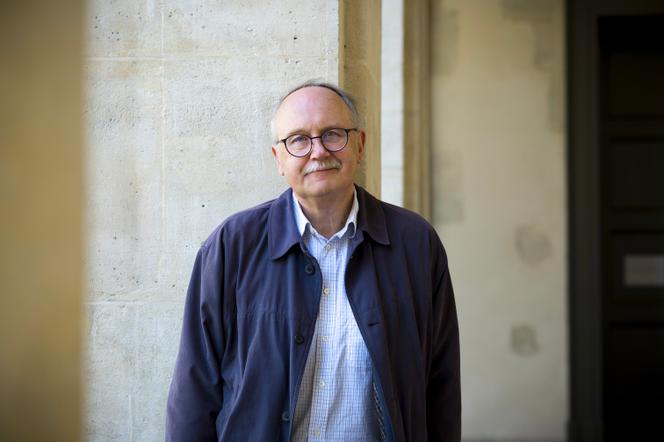


Luc Rouban is a researcher at the French National Centre for Scientific Research (CNRS) and works at the Center for Political Research at Sciences Po (CEVIPOF). His work focuses on the sociology of elites, the evolution of representative democracy and political life. He is the author of La Vraie Victoire du RN ("The Real Victory of the RN").
Overall, the vote for the Rassemblement National (RN) is becoming more widespread. With the exception of a few major cities, the party is in the lead everywhere. The spread of the vote to the middle and upper classes, including top executives, reflects a deep-seated social malaise that goes far beyond the xenophobia and racism that characterized the Front National [the RN's predecessor].
The primary driving force behind the vote is a feeling of social decline, with multiple factors: the feeling that a diploma no longer ensures the social progress of yesteryear; the loss of value on the job market; a decline perceptible even within the family unit, with the feeling of living less well than the generation above and the fear that it will be even worse for the generation below. All these phenomena of a worsening relationship with work or mobility reflect skepticism about the republican meritocratic model.
The second reason for the RN vote is, in my opinion, a demand for authority, not in the sense of authoritarianism at the head of the country, but of a return to the proximity and efficiency of the state apparatus in the exercise of its missions. Justice, security, healthcare, transport, road networks: the French have lost confidence not in public services as such but in the ability of state structures to change everyday reality. In this respect, Emmanuel Macron symbolizes the failure of the man who, in 2017, presented himself as an effective liberal and manager.
The sociology of the RN vote is no longer based on a structuring in terms of classes or socio-professional categories but on a structuring in terms of the individual's subjective ranking in society. Voters no longer define themselves in terms of the groups defined by the French National Institute of Statistics and Economic Studies (INSEE), but according to a representation of their own situation and social dynamics. In this respect, the RN vote stems less from "discontent" or "anger," as it is sometimes summed up, but from a negative analysis of one's own trajectory, whether the person feels scorned, not sufficiently recognized, or feels victimized by generalized precariousness, a lack of visibility on the future.
You have 30.97% of this article left to read. The rest is for subscribers only.
